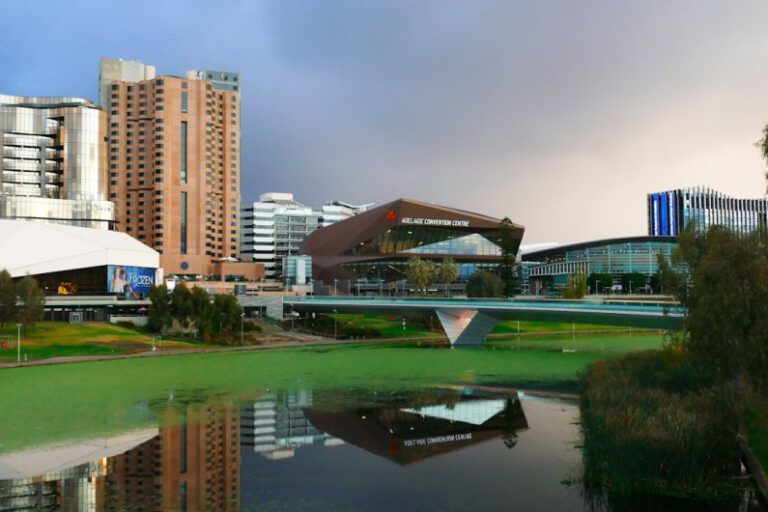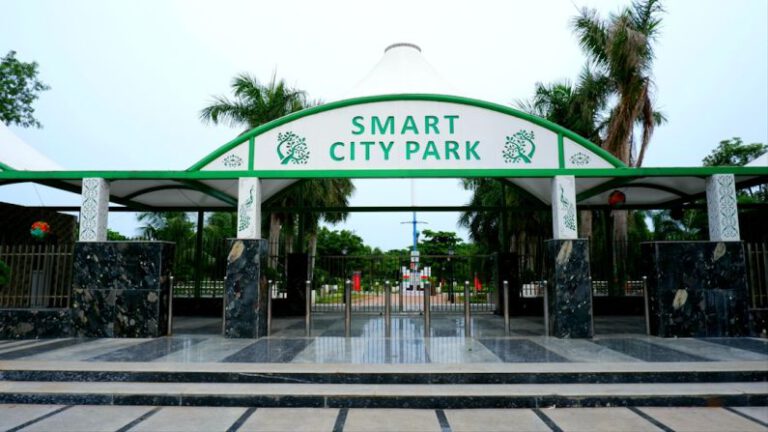What’s the Connection between Smart Cities and the Economy?
In today’s rapidly advancing world, the concept of smart cities has gained significant traction, offering a vision of urban environments that leverage technology to enhance efficiency, sustainability, and quality of life for residents. As this trend continues to evolve, a crucial question emerges: what is the connection between smart cities and the economy? This article delves into the intricate relationship between these two seemingly disparate concepts and explores how they intersect to shape the future of our urban landscapes.
**Driving Economic Growth Through Innovation**
One of the key ways in which smart cities impact the economy is through driving innovation. By embracing cutting-edge technologies such as Internet of Things (IoT), artificial intelligence, and data analytics, smart cities are able to optimize various aspects of urban life, from transportation and energy usage to waste management and public services. This focus on innovation not only enhances the efficiency of city operations but also creates new economic opportunities for businesses and entrepreneurs.
**Attracting Investment and Talent**
Smart cities have the potential to attract significant investment from both public and private sectors. Investors are drawn to cities that demonstrate a commitment to sustainability, technology integration, and overall livability. By investing in smart infrastructure and services, cities can create an environment that is conducive to economic growth, leading to increased job opportunities and a thriving business ecosystem. Furthermore, the presence of a skilled workforce is essential for the success of smart city initiatives, making it crucial for cities to attract and retain top talent.
**Enhancing Infrastructure and Connectivity**
Infrastructure plays a vital role in economic development, and smart cities are at the forefront of reimagining traditional urban infrastructure. From smart grid systems that optimize energy distribution to intelligent transportation networks that reduce congestion and emissions, these innovations have a direct impact on the economy. By investing in modern infrastructure, smart cities can improve the quality of life for residents, attract businesses, and drive economic growth in the long run.
**Fostering Sustainability and Resilience**
Sustainability is a core principle of smart city development, and it goes hand in hand with economic prosperity. By implementing environmentally friendly practices such as renewable energy generation, efficient waste management, and green building design, cities can reduce costs, enhance resilience to climate change, and create a more attractive environment for residents and businesses alike. The long-term economic benefits of sustainability initiatives are evident in reduced operating costs, improved public health, and increased property values.
**Challenges and Opportunities**
While the potential benefits of smart cities for the economy are vast, there are also challenges that must be addressed. Privacy concerns, cybersecurity risks, digital divide, and the high cost of implementing smart technologies are some of the hurdles that cities face in their quest to become smarter. However, these challenges also present opportunities for innovation and collaboration, as cities work towards developing solutions that benefit both their residents and their economies.
**Charting a Path Forward**
As the world becomes increasingly urbanized, the importance of smart cities in driving economic growth cannot be overstated. By leveraging technology, promoting innovation, and fostering sustainability, cities can create a vibrant economic ecosystem that benefits all stakeholders. It is essential for policymakers, businesses, and citizens to collaborate and invest in the development of smart cities to ensure a prosperous and sustainable future for generations to come.
In conclusion, the connection between smart cities and the economy is a symbiotic one, with each influencing and shaping the other in profound ways. By embracing the principles of innovation, sustainability, and connectivity, cities can unlock new economic opportunities, attract investment and talent, and build resilient communities that thrive in the digital age. The journey towards smarter, more prosperous cities is ongoing, but the rewards are well worth the effort.






